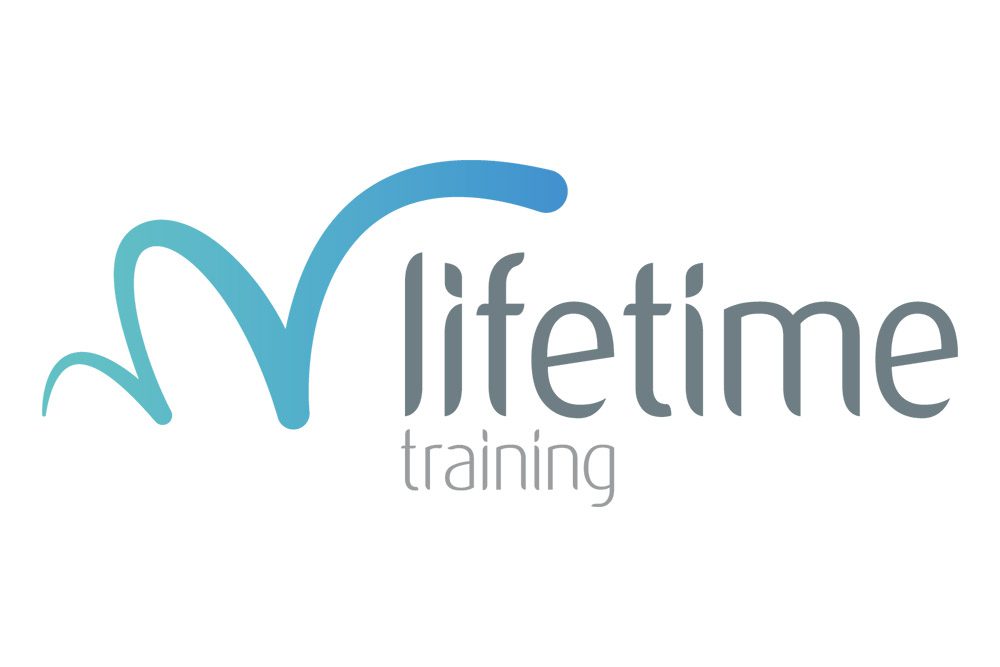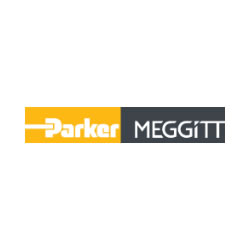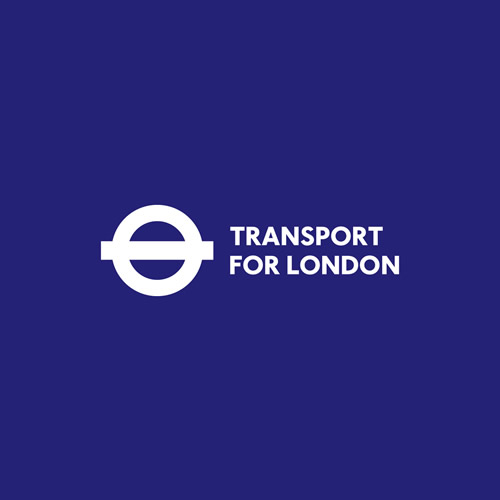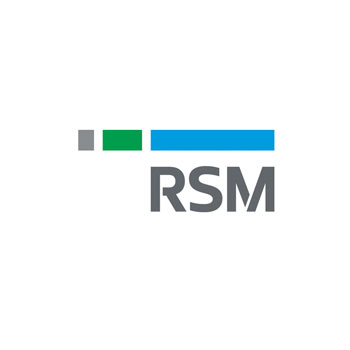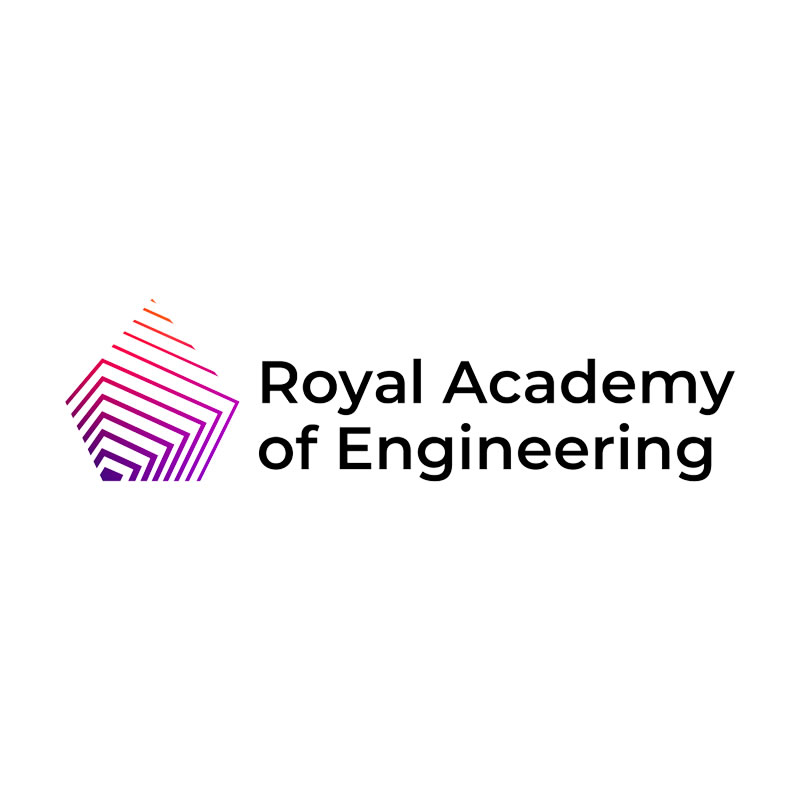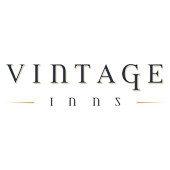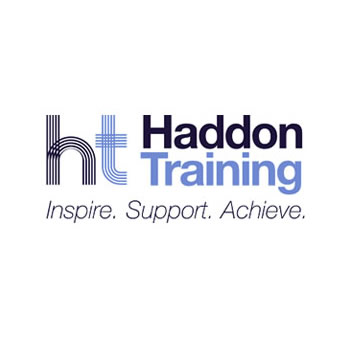
Business Analyst Apprentice
QA Apprenticeships
pstrongEmployer description:strongp pAt MarketAxess, were global leaders in trading fixed-income and continually push innovation in financial technology. Our platform transforms how institutions trade bonds, empowering clients with faster, smarter transaction processes. Behind every seamless trade is a team ensuring the customer experience is impeccable and thats where you come in.p pThis is an exciting role that goes beyond customer support - it is a launchpad into the fintech ecosystem. You will be at the heart of client interactions, operational workflows, and get a front row seat within an S&P 500 institution, learning from industry experts and helping to keep everything moving - all while building skills you will leverage throughout your career!p pstrongResponsibilities:strongp ul liProvide first-line client support via our helpdesk and phone.li liInvestigate trade queries, platform issues, access management, onboarding and client due diligence.li liHave a hands-on education on the uses of the Salesforce, Loopio and the Microsoft Office suite including Excel, Word and PowerPoint, learning how to use these tools effectively.li liIdentify recurring issues, suggest process improvements and take ownership of a specific project or workstream providing the opportunity to showcase existing skills whilst developing a deeper knowledge of a specific business area and taking accountability for the project outcome.li liLearn how to identify potential red flags in the client onboarding process and escalation of these to the appropriate teammanager.li liContribute to the on-going evolution and enhancement of the Onboarding processfunction in partnership with key internal stakeholders.li liContribute to the collation and presentation of data from various internal external sources, to be used by team members in operational statistics and KPIs reported to a range of senior and front-line stakeholders.li liAssist in the creation and maintenance of operational knowledgebases such as wikis, internal websites and process documentation.li liAttend and take minutes of internal external calls and meetings attended by other team members to gain an understanding of how these operate.li ul pstrongDesirable skills:strongp ul liStrong communicator: clear, calm, and client focused.li liKeen attention to detail while working in a fast-paced environment.li liCurious problem-solver with basic tech skills (Microsoft Excel, web platforms).li liProactive, adaptable, and eager to learn fintech workflows.li liTenacious with a hunger to succeed.li ul pstrongEntry requirements:strongp ul liLevel 3 Qualification at least 12 months of work experience* robust onboarding plan (learner must work in the organisation for 3 months before signing up)li liOR business-related degree eg business, finance, economics, maths, etc.li liOR non-business-related degree at least 6 months of work experience*li liOR existing staff member with 2 years of work experience**li ul p*Work experience relates to any valid work experiencep p**Existing staff work experience should not be in a business analyst rolep pYou may also have a combination of qualifications and experience which demonstrate the minimum foundation needed for the programme. In this instance you could still be considered for the programme.p pIf you hold international equivalents of the above qualifications, at the time of your application you must be able to provide an official document that states how your international qualifications compare to the UK qualifications.p pstrongFor more information please visit the UK ENIC website.strongp pstrongWorking hours:strongp p37.5 hours per week.p pstrongBenefits:strongp ul listrongCentral location:strong based at our city offices near St Paul’s.li listrongFree food:strong We provide lunch each day of the week when the employee attends the office via our vendor Feedr as well as office snacks and drinks from our free vending machines.li listrongPaid time off: strong25 days annual leave entitlement plus 2 charity days.li listrongReward for your service: strongWe offer a two-week bonus holiday after completing each 5 years of service.li listrongCore benefits:strong Besides competitive standard benefits package we offer private medical (PMI) for family, Cash Plan, health screenings, Menopause Plan, dental cover, 6X life assurance, critical illness cover, income protection, pension, car leasing (Tusker electronic cars), reimbursement for wellness stipend, interest free season ticket loan and a Share Incentive plan.li listrongTuition assistance and professional training: strongBenefit from on-demand learning, boot camps, and opportunities to attend conferences.li ul pstrongFuture prospects: strongp pThe possibility of full time employment. 90 of QA apprentices secure permanent employment after completing: this is 20 higher than the national average.p pstrongAbout QA:strongp pOur apprenticeships are the perfect way to gain new skills, earn while you learn, and launch yourself into an exciting future. With over 50,000 successful apprenticeship graduates, we’re a top 50 training provider, dedicated to helping you succeed.p pstrongInterested? Apply now!strongp
category
IT business analysts, architects and systems designers
currency_pound
12.02 per hour
school
Higher Level 4 Apprenticeship
calendar_todayDate Posted: 30 June 2025
event_availableClose Date: 28 July 2025
